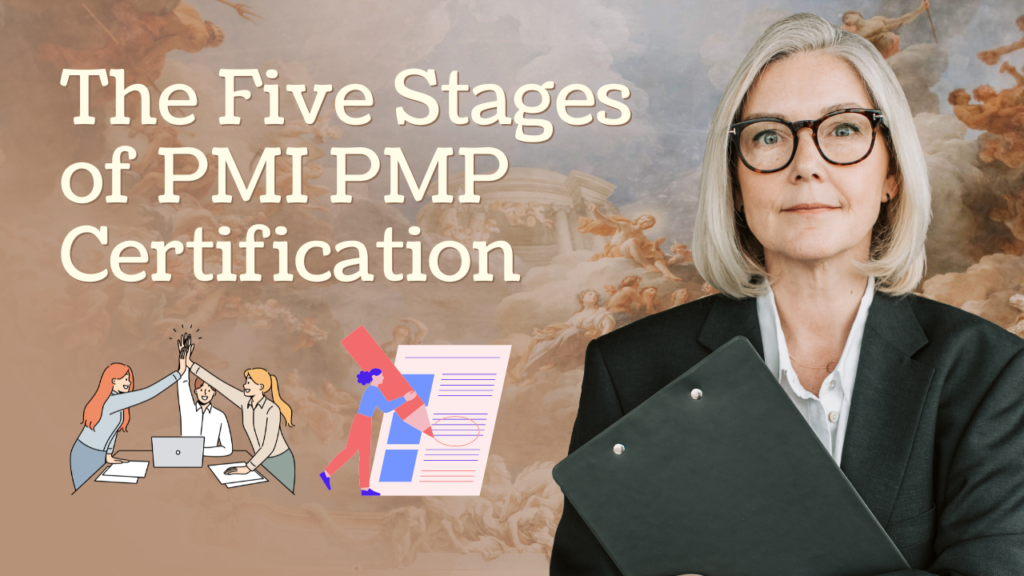PMI PMP Certification
While conducting the management of a project, you may more or less come across some troubles and problems. The project managers always play an important role in the temporary and artificial framework of the team to bring out their influence and to achieve desirable goals. The following are some principles of project management which I hope can help project managers do better. The knowledge can be found in the PMI PMP Certification.
The five stages of project management
According to the PMP exam content, project management is generally divided into five stages, they are initial, planning, executing, controlling and closing respectively. In each stage, there are some factors that the project managers should pay special attention to. Only by digesting all the knowledge, can our management work be more effective and orderly.
(1) The three important things in the initial stage
The first is to identify the target of the project and find the problems behind the project.
The second is to find the stakeholders including the potential supporters and opposers. Unify all the supporting power.
The third is to evaluate risks considering the internal and external environment of the enterprise and make a risk plan.
(2) The three important things in the planning stage
Firstly, build up the core team of the project. The team members should be able to meet the demands of experience, skills and resources.
Second, distribute tasks. Divide tasks into parts that are evaluable.
Third, set a schedule. Designate a person responsible for each task. Set the completion time and match the required resources. In particular, the project manager should have the awareness of integrating resources including both the human and materials from outside the company, “outsource” project work as appropriate; and have a global awareness beyond the company’s boundaries.
(3) The three important things in the executing stage
Firstly, lead the team in the right way. Motivate the team member differently according to their characteristics.
Second, manage project progress through meetings, profiles and relevant work to make the project move forward orderly.
Third, deal with the problems of communication and coordination, particularly the cross-departmental ones. Try to make each party realize their value in coordination. Here, I want to mention that the basis of coordination is shared value. The project manager should try to make each party gain material or emotional rewards so that the relationship can last longer.
(4) The three important things in the controlling stage
Firstly, identify the distraction of the plan. Judge it is the task or target that produces changes. Change as the circumstance changes.
Second, make use of controlling methods including cost schedules, staff load schedules and so on to match project resources with the project schedule.
Third; set and manage project milestones; achieve “big” project success by continuously achieving “small” wins.
(5) The three important things in the closing stage
Firstly, summarize and report. Present the project result in an effective form and report to the superordinate.
Second, review the project and analyze the distance between the result and the goal deeply.
Third; project knowledge management is not only about data retention; it is more about knowledge flow and application.
Of course, there are far more than three pieces of work to be done at each stage. They are just part of project management. Good project managers; do not need to memorize the content; because it has been integrated into the overall work plan.
To learn more about project management, you can take the PMI PMP Certification training course and the PMI PMP exam so that you can better know what is PMP certification.














